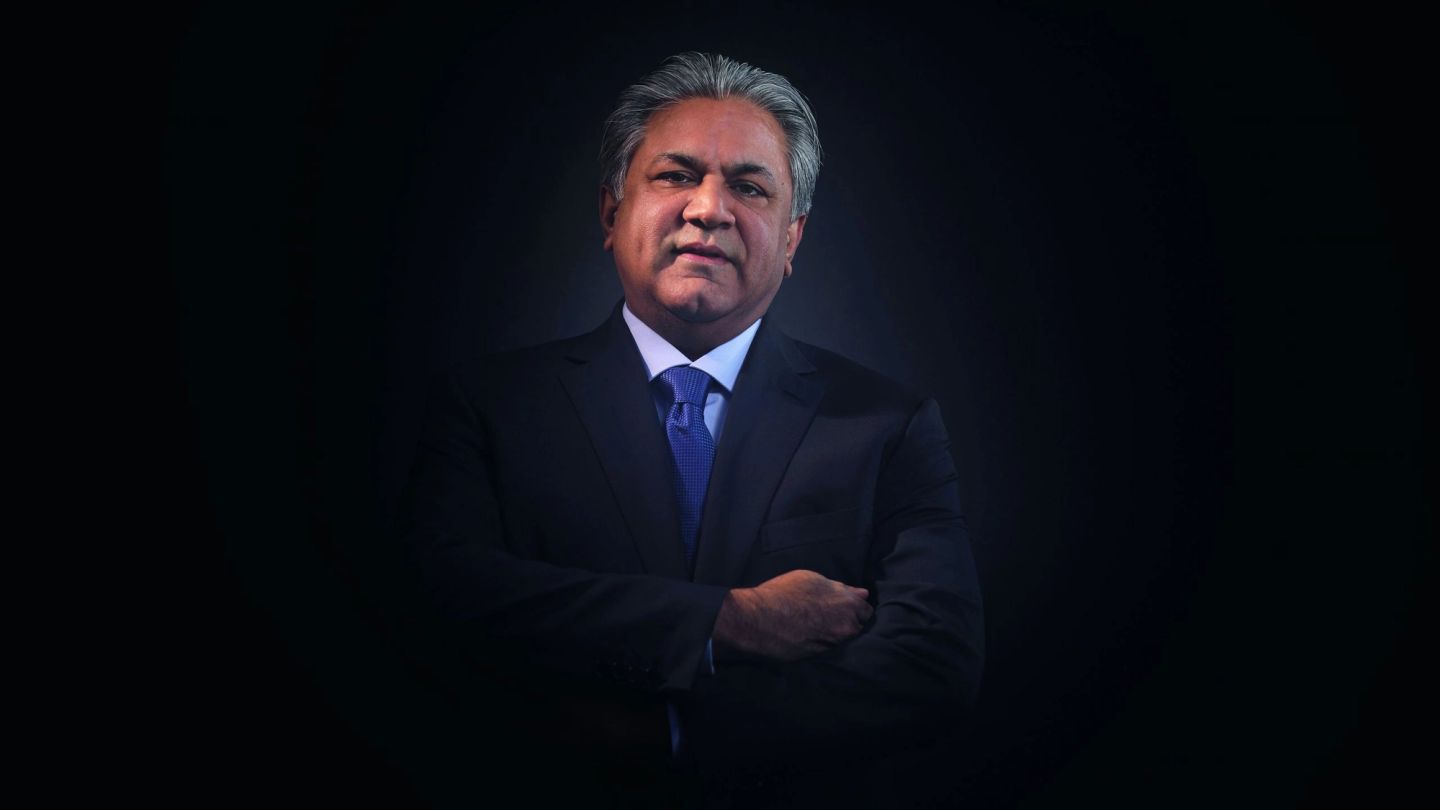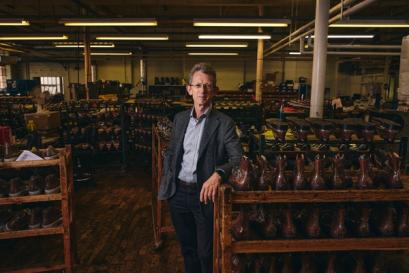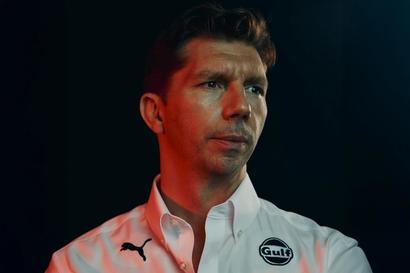

The Key Man: Arif Naqvi, and the multi-billion dollar fall of the Abraaj Group
He told them he could save the world — and make them filthy rich in the process. But if something sounds too good to be true, it probably is...
- Words: Will Louch
When a great white shark stops moving, it dies. Something to do with ‘ram obligate breathing’, apparently, and a distinct lack of buccal muscles, and the flow of oxygenated water into the old gills. But in short: the poor beast has to swim constantly onwards, striving forever forward, never ceasing or relaxing or sleeping or pausing for thought — or the game’s up. Dead meat. Fish food. The big sleep. Or, if you’re a certain kind of shark: six consecutive life sentences in federal custody and a few billion dollars in the hole.


